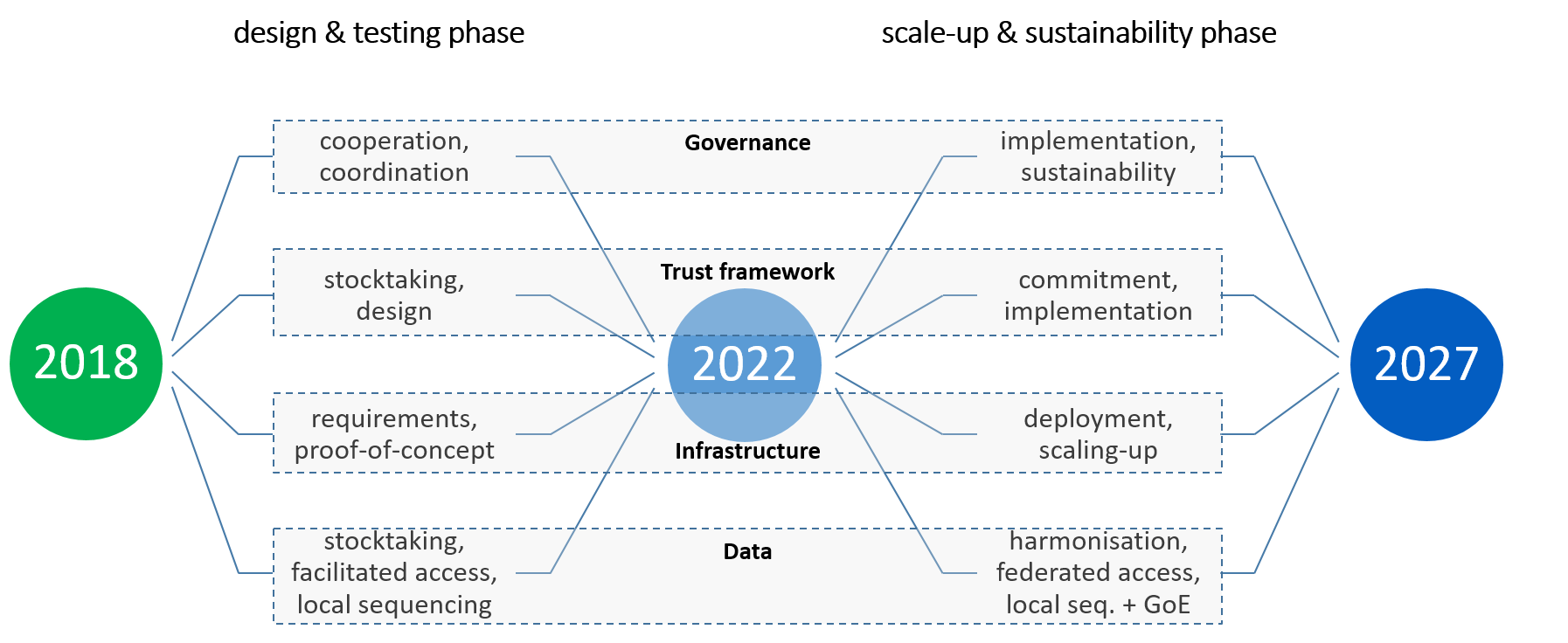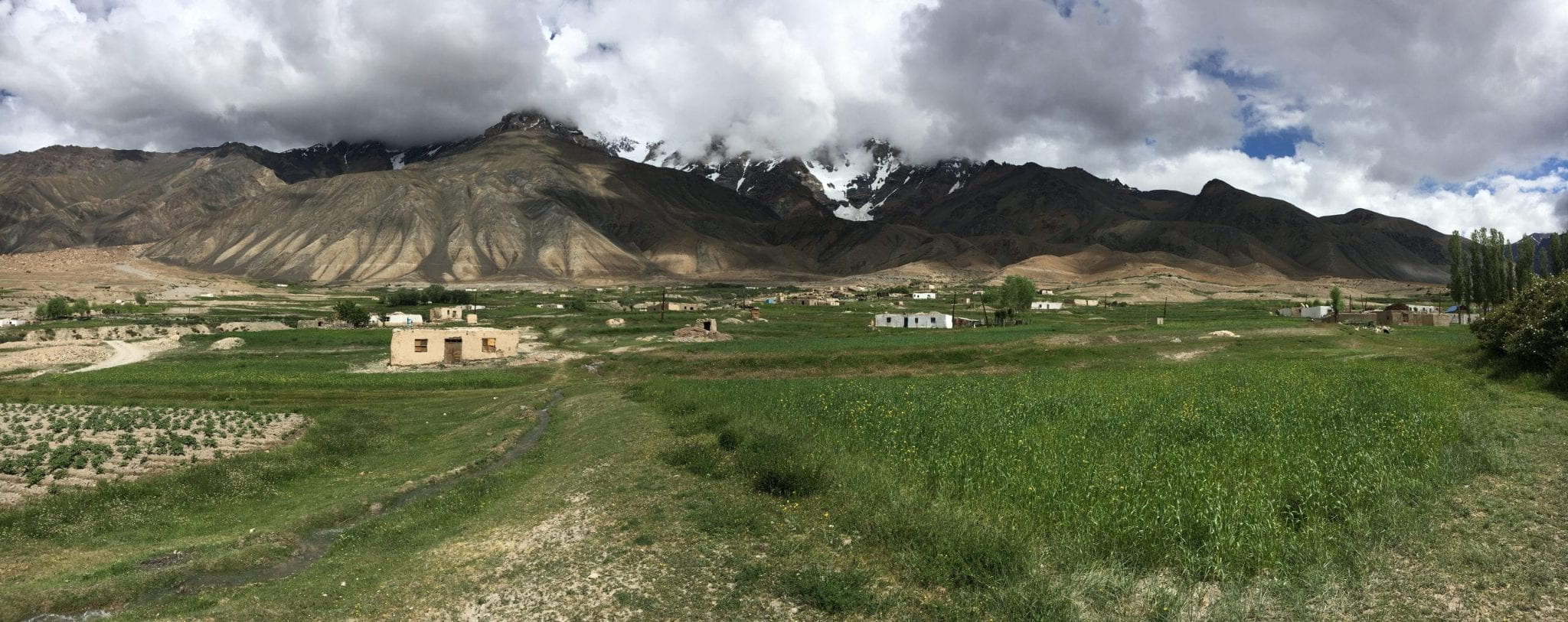To address a difficult challenge, the City of Phoenix, Arizona launched the Mobile Career Unit (MCU) project, which provides job seekers with training, guidance, and support until they find a job opportunity. The project represents a shift from centralized, static models to dynamic, community-oriented approaches, and offers valuable lessons in urban management and public service delivery. The MCU project's success has led it to be recognized by the Bloomberg Philanthropies Global Mayors Challenge.
Economists often believe that the concept of supply and demand can explain things in the world. But does this also apply to the labour force? In other words, the rule states that when a country's economy is in good shape and its production is increasing, it is natural for this to translate into an increase in the demand for labour, and vice versa, which is called cyclical employment.
However, there are other cases that fall outside of this rule, one of which was caused by the COVID-19 pandemic, which was able, in just a few weeks, to disrupt the livelihoods of millions, even in the strongest economies. Some cities experienced a major unemployment crisis, which manifested itself with a unique paradox, as in the city of Phoenix, Arizona, which is witnessing an increase in job vacancies and job postings alongside an increase in unemployment rates. In addition, the pandemic has opened the door to new work patterns, such as remote work, which requires technological skills that not everyone may have. As a result, getting a job has become more and more difficult for those who face difficulties in commuting to distant workplaces or who lack digital skills, while accessing traditional work resources has become a difficult task for those who are struggling, especially in marginalized communities.
In search of a response to this unusual situation, the City of Phoenix launched the Mobile Career Unit (MCU) project, which can be accessed by community members almost anywhere in their city at different times. This initiative was part of Phoenix's application for the World Mayors Challenge, launched by the Bloomberg Philanthropies to encourage cities to find innovative solutions to urban challenges.
The project offers a comprehensive service approach. It is not just a way to connect employers with job seekers, but it also helps job seekers build their resumes, provides them with career advice, job training, interview preparation, and even childcare solutions. The units work to make employment opportunities immediate, providing job seekers with opportunities to connect directly with employers.
To reach this stage, the development team gathered the results of Phoenix's previous experiments in mobile services, such as the trucks that travelled between neighbourhoods to test residents for COVID-19. This was necessary to understand the logistical and operational aspects of this type of project, especially since it provided the team with local residents' feedback on weaknesses and suggestions for avoiding them, so that the new service could be designed accurately according to their needs.
This does not mean that the experiment itself did not face challenges and weaknesses. For example, it faced the challenge of logistical considerations, such as determining the best locations and times to operate the units, and the number of sessions needed for each unit and each area, in addition to promoting these units to encourage job seekers to use them. These two challenges were addressed by intensifying extensive communication with the local community and coordinating with organizations and civil society associations.
On the operational level, the third challenge was related to technology and resources, which had to be continuous and flexible enough to deal with the diverse needs of the community. This required careful strategic planning for the distribution of resources and funding.
The fourth challenge was managing the relationship with employers, which can be complex and go through stages of dissatisfaction, like any multi-stakeholder work. Therefore, strong and sustainable cooperative partnerships were essential and could be maintained through continuous communication and flexibility.
Mobile Career units remove the burden of long distances for job seekers, greatly increasing accessibility. On a deeper level, this initiative addresses broader issues related to economic access, social justice, and promoting resilience and recovery in the post-pandemic era.
It can be said that one of the most important features of the project is its scalability and adaptability, making it a replicable model for other cities and towns facing similar challenges, especially in the context of pandemic recovery.
References:






